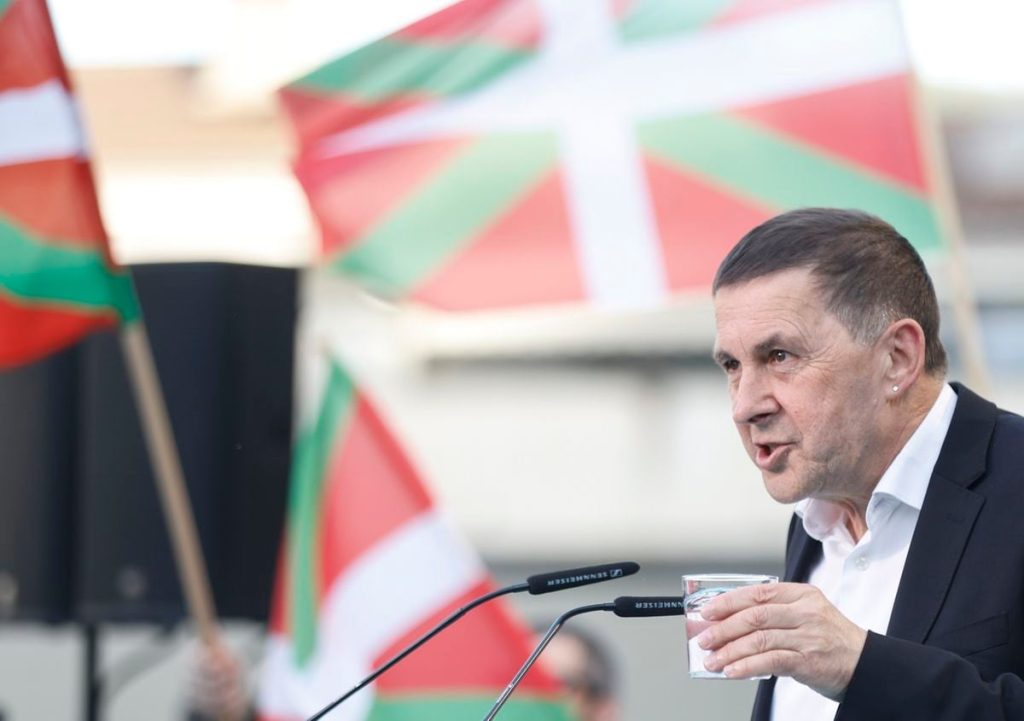The current electoral cycle is well known, starting with regional elections in the Basque Country and Catalonia, followed by the European elections. The transition from regional to supranational elections highlights the concept of “multilevel governance”, where governance is organized across different geographical levels. While this may seem simple from a legal-administrative perspective, it also reflects the emotional connection that citizens have with different levels of government. The regional elections in the Basque Country and Catalonia are characterized by identity fractures, while the European elections appear more distant and impersonal. However, these elections share similarities and differences, illustrating the challenges of political coordination across different scales.
The main difference between the regional elections in the Basque Country and Catalonia and the European elections is the focus on separation and internal unity, respectively. The regional elections emphasize identity and closeness, while the European elections promote unity and distance. The political dynamics in these different contexts vary, with regional elections offering limited options due to their smaller spatial scope, while European elections provide a wide range of political possibilities to address common challenges. Balancing emotional and rational considerations is essential in navigating the dense and light aspects of political decision-making.
While some maintain a sentimental connection to the EU, others view it as a cold and technocratic entity that should be limited to a common market. Nationalist and populist parties often prioritize loyalty to the nation over supranational entities, advocating for a singular national identity. In the context of the Basque and Catalan elections, nationalist and independence parties leverage the perceived impossibility of combining multiple identities to strengthen their political narratives. Despite many individuals identifying with both regional and national identities, there remains a tension between regional autonomy and national unity that influences their ability to self-govern.
The efforts to distance themselves from the center in regional elections may be driven more by electoral competition and strategic calculations than purely identity considerations. Within the Spanish context, this seems evident, but the dynamics may differ in European politics. Without a strong and united state, both at the national and supranational levels, the ability to shape collective destiny and address common challenges would be compromised. The strength of the EU, and by extension the participating nations, depends on their collective unity and capacity to act together. These commonalities underpin all the elections, emphasizing the importance of balancing diverse identities and interests while working towards shared goals.
Overall, the electoral cycle in the Basque Country, Catalonia, and Europe highlights the complexities of multilevel governance, identity politics, and the challenges of navigating between regional autonomy and national unity. The diverse approaches to governance, from regional separatism to supranational cooperation, reflect the intricate relationship between emotional attachments and rational decision-making in shaping political outcomes. As citizens navigate these different levels of government and decision-making, it is essential to balance competing interests, identities, and priorities to foster effective governance and address shared challenges.


